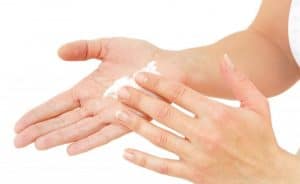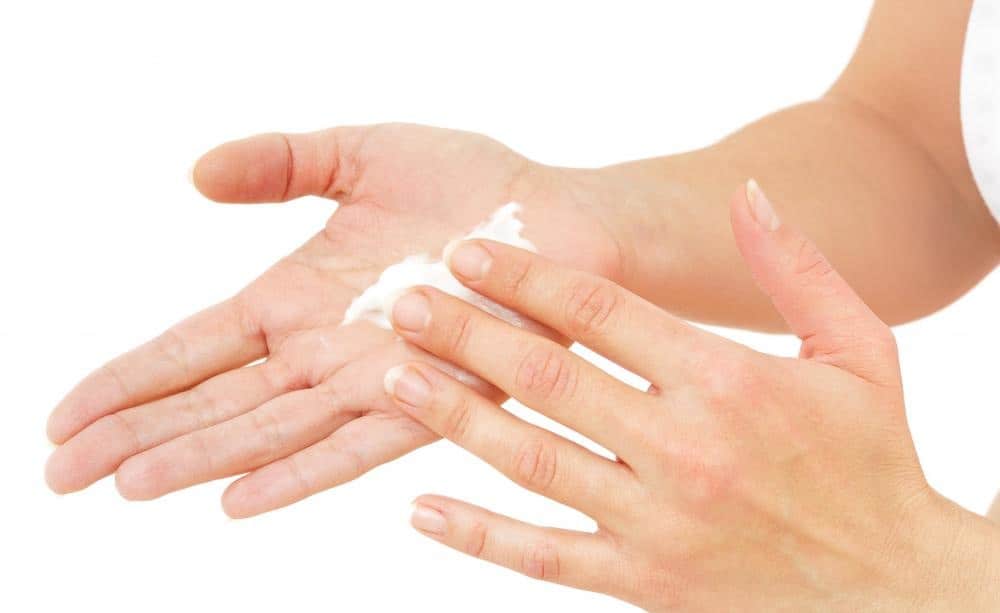
Eczema can be very frustrating and annoying, maybe even embarrassing depending on the severity of your condition. There are many remedies that can help you with the symptoms of eczema and even some over-the-counter treatments! Some of the over-the-counter medications can even help prevent flare ups and help with night time discomfort. With so many options available, which one should you use?
Hydrocortisone is a topical over-the-counter steroid that comes in the form of a cream, gel, lotion, or ointment. Hydrocortisone treatments are great for temporary relief of itching and rashes, these treatments are usually applied one to four times a day for up to seven days. Talk to your health care provider if you’re not getting any relief or if your symptoms are worsening after seven days.
Medicated shampoos can also be purchased over-the-counter to help with eczema on the scalp. Some active ingredients to look for in these shampoos are ketoconazole, coal tar, and zinc pyrithione. These shampoos help by lifting the dry skin from the scalp and providing an anti-fungal treatment to help heal your scalp. This helps with the overgrowth of yeast on your scalp called malassezia, which is the main contributor to the development of eczema.
Moisturizers can also help with the symptoms of eczema. There are many varieties of moisturizers that can help with redness and itchiness as well as help prevent future flare ups. Using a thick moisturizer or skin cream can help replenish the moisture in your skin and prevent cracking and peeling. Ointments that are thick and oil based will help lock in moisture and prevent water loss in your skin. Lotions and creams can also help but make sure you stay away from fragrance as it can cause even more irritation. Apply your moisturizer at night on your hands and feet and then put gloves or socks on to help moisturize even more. Talk to your dermatologist or health care provider to find which type of moisturizer is best for you and your skin condition.
There are many different kinds of over the counter treatment options available. A wide variety of over the counter creams can be purchased without a prescription and can help with symptoms such as itchiness, redness, and rashes associated with eczema. As with all new medications, check for any complications or interactions before starting and consult your doctor if you are pregnant or nursing.
If you have tried some of these options and aren’t seeing the results you’d like, please contact the office nearest you to set up an appointment. We can discuss your symptoms and make a custom treatment plan that best fits your needs.
Disclaimer: This blog provides general information and discussion about medical, cosmetic, mohs, and surgical dermatology. The words and other content provided in this blog, and in any linked materials, are not intended and should not be construed as medical advice. If the reader or any other person has a medical concern, he or she should consult with an appropriately-licensed dermatologist or other health care worker.
